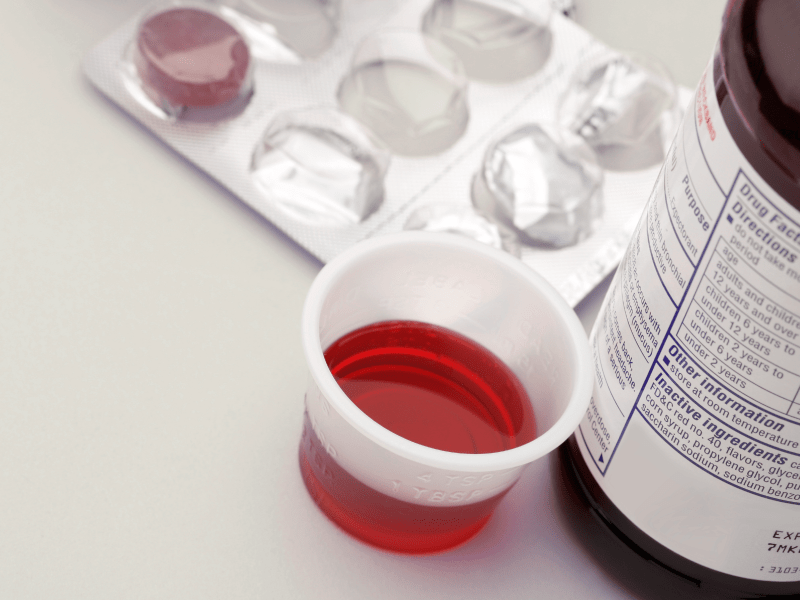 |
| www.strokecamp.org |
 |
| http://www.unitedstrokealliance.org/ |
To receive your free Booster Box please call our office at
309-688-5450 or email info@strokecamp.org to request yours.
Subscriptions will be available for purchase and information will be inside your free box.
 |
| Show Me The Booster Box |
*****************************************************************
The following is from the Stroke Association web site:
http://www.strokeassociation.org
*****************************************************************
What is a stroke?
 Ischemic stroke accounts for about
Ischemic stroke accounts for about 87 percent of all cases. View a detailed animation of ischemic stroke.
Ischemic strokes occur as a result of an obstruction within a blood vessel supplying blood to the brain. The underlying condition for this type of obstruction is the development of fatty deposits lining the vessel walls. This condition is called atherosclerosis. These fatty deposits can cause two types of obstruction:
Cerebral thrombosis refers to a thrombus (blood clot) that develops at the clogged part of the vessel.
Cerebral embolism refers generally to a blood clot that forms at another location in the circulatory system, usually the heart and large arteries of the upper chest and neck. A portion of the blood clot breaks loose, enters the bloodstream and travels through the brain's blood vessels until it reaches vessels too small to let it pass. A second important cause of embolism is an irregular heartbeat, known as atrial fibrillation. It creates conditions where clots can form in the heart, dislodge and travel to the brain.
Silent cerebral infarction (SCI), or “silent stroke,” is a brain injury likely caused by a blood clot interrupting blood flow in the brain. It’s a risk factor for future strokes which could lead to progressive brain damage due to these strokes. Read more about silent strokes.
Cerebral thrombosis refers to a thrombus (blood clot) that develops at the clogged part of the vessel.
Cerebral embolism refers generally to a blood clot that forms at another location in the circulatory system, usually the heart and large arteries of the upper chest and neck. A portion of the blood clot breaks loose, enters the bloodstream and travels through the brain's blood vessels until it reaches vessels too small to let it pass. A second important cause of embolism is an irregular heartbeat, known as atrial fibrillation. It creates conditions where clots can form in the heart, dislodge and travel to the brain.
Silent cerebral infarction (SCI), or “silent stroke,” is a brain injury likely caused by a blood clot interrupting blood flow in the brain. It’s a risk factor for future strokes which could lead to progressive brain damage due to these strokes. Read more about silent strokes.

Hemorrhagic stroke accounts for about 13 percent of stroke cases.
It results from a weakened vessel that ruptures and bleeds into the surrounding brain. The blood accumulates and compresses the surrounding brain tissue. The two types of hemorrhagic strokes are intracerebral (within the brain) hemorrhage or subarachnoid hemorrhage.
Hemorrhagic stroke occurs when a weakened blood vessel ruptures. Two types of weakened blood vessels usually cause hemorrhagic stroke: aneurysms and arteriovenous malformations (AVMs). View a detailed animation of hemorrhagic stroke.
An aneurysm is a ballooning of a weakened region of a blood vessel. If left untreated, the aneurysm continues to weaken until it ruptures and bleeds into the brain. Learn more about cerebral aneurysm.
An arteriovenous malformation (AVM) is a cluster of abnormally formed blood vessels. Any one of these vessels can rupture, also causing bleeding into the brain. Learn more about AVM.
TIA(Transient Ischemic Attack) is a temporary blockage of blood flow to the brain. Since it doesn't cause permanent damage, it might seem like no big deal. But ignoring it is a big mistake. That's because a TIA may signal a full-blown stroke ahead. Call 911 and get diagnosed immediately. It could be the beginning of a full blown stroke.
TIAs are often labeled "mini-strokes," because they can be relatively benign in terms of immediate consequences. But the term "warning stroke" is more appropriate for these temporary episodes, because they can indicate the likelihood of a coming stroke.
Like most strokes, TIAs are caused by a clot or blockage in the brain. TIAs should be taken very seriously. If you suspect a TIA or stroke of kind, be sure to call 9-1-1. Know the warning signs. Warning strokes are often followed by more severe strokes. About a third of the people who have a TIA go on to have a more severe stroke within a year.
Blockage is short-term or temporary during a TIA or warning stroke. The clot may dissolve on it its own or get dislodged so that it stops causing the symptoms.
Why Getting Quick Stroke Treatment Is Important
Quick Stroke Treatment Can Save Lives
If you’re having a stroke, it’s critical that you get medical attention right away. Immediate treatment may minimize the long-term effects of a stroke and even prevent death. Thanks to recent medical advances, stroke treatments and survival rates have improved greatly over the last decade.
Stroke Treatment: Alteplase IV r-tPA, the Gold Standard
A stroke occurs when a vessel in the brain is blocked by a blood clot or ruptures. A stroke caused by a clot is called an ischemic stroke; about 85 percent of all strokes in the United States are ischemic. The only FDA-approved treatment for ischemic strokes is Alteplase IV r-tPA also known as tissue plasminogen activator (tPA,). Alteplase IV r-tPA works by dissolving the clot and improving blood flow to the part of the brain being deprived of blood flow. If administered within three hours (and up to four-and-a-half hours in certain eligible patients), Alteplase IV r-tPA may improve the chances of recovering from a stroke.
A significant number of stroke victims don’t get to the hospital in time for Alteplase IV r-tPA treatment; this is why it’s so important to identify a stroke immediately.


